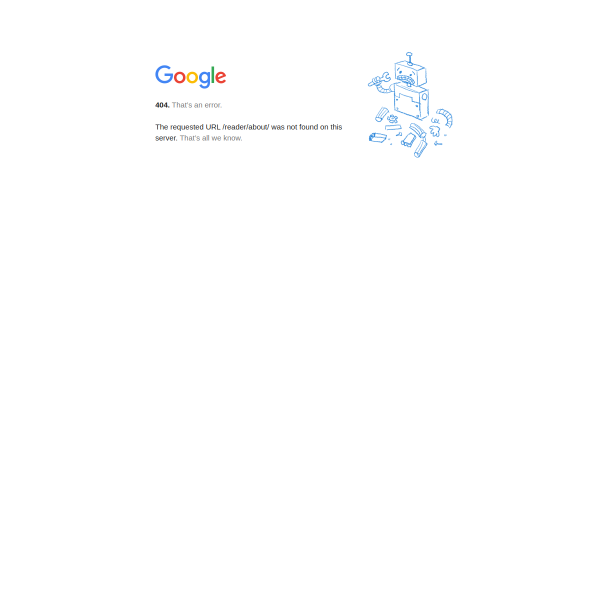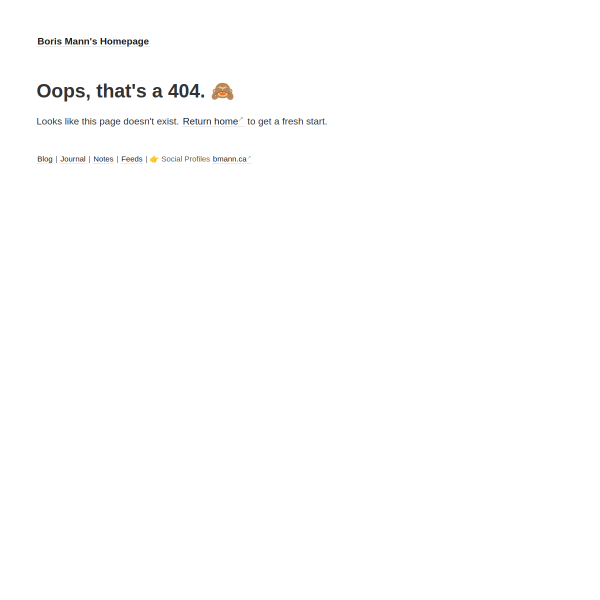Using Siftlinks and IFTTT to Aggregate Links From Your Twitter Timeline Into a Slack Channel
Posted by Richard on Thursday, 14 May 2015Ever wonder if there was an easy way to get the links people post to a Twitter timeline fed into a Slack channel? Wonder no more!
For this Rube Goldberg machine to work, you’ll need 3 components:
- A Twitter account.
- A Siftlinks account tied to your Twitter account. Siftlinks is a paid service that makes an RSS feed out of the links posted to your timeline (as well as an RSS feed of links from your Twitter favorites) and offers a 30-day free trial. After that it’s $10 a year. That’s 83.3 cents a month. Cheap cheap!
- An IFTTT account.
- A Slack team and a channel to post links to.
After following the instructions below, you get something looking like this screenshot my #links channel from a few minutes ago:

Instructions
- Login to Siftlinks with your Twitter account.
- If you haven’t already, activate the Slack channel in IFTTT.
- Create a channel in Slack just for links incoming from Twitter. It might make sense to use an existing channel, but the large amount of links in my timeline doesn’t justify it, so I post to a separate #links channel that I dip my toes in every couple of hours.
- Create a new recipe in IFTTT.
- Select Feed as the trigger channel.
- Select “New feed item” as the trigger.
- Title the recipe “Filtered Siftlinks to Slack”
- Siftlinks provides the RSS feed for you to paste in at this point. It’s the URL in “Here’s the latest links in your Twitter feed. You access them via RSS by adding [your secret URL here to your RSS Reader.” message at the top of the screen in Siftlinks.
- For the Action, select the channel you want to post in.
- As the Message, use just
{{EntryUrl}}. - Leave the Title, Title URL, and Thumbnail URL fields blank. Slack will gather the title and some information about the link on its own.
At some point, Siftlinks promised to add a feature to filter out image links (pic.twitter.com, Instagram, etc.) and other URLs like Foursquare/Swarm and Untappd checkins. I couldn’t wait, so I use Yahoo! Pipes to filter out URLs that start with certain domains and used the RSS feed it produces in place of step #8. (That list is up to 16 domains, by the way.)
What this won’t show is who posted the link. That means you can evaluate whether you should click through based on its content, not who shared it.
Why not use Slack’s built-in RSS integration? That integration pulls in the metadata (like title and description) from the RSS feed itself. The metadata-gathering Slack does itself when presented with just a URL is much prettier.
I pull in a few other RSS feeds this way—i.e. using IFTTT—and have them post URLs to Slack channels, like a Talkwalker alerts feed for news about the game Ingress and an RSS feed I made out of Belong.io using XPath (I wasn’t the only one who did that). Slack is my second-favourite RSS aggregator these days1, a fun way to see what links get posted to my Twitter timeline without having to visit Twitter at all.
Previously:
Also published on Medium on May 14th, 2015.
-
Reeder for both the Mac and iOS is my #1 fave at the moment. ↩︎





